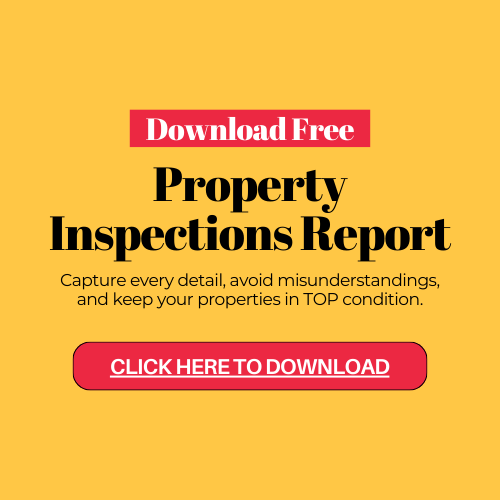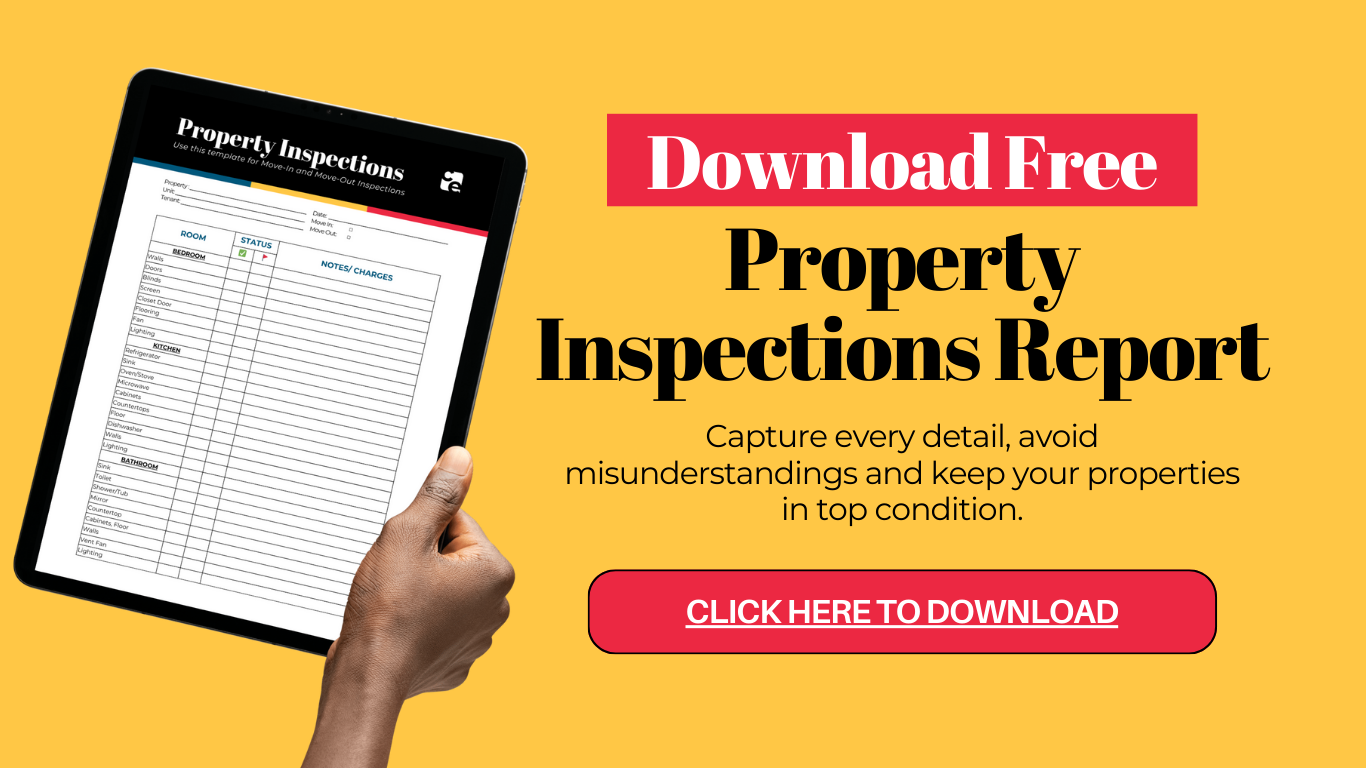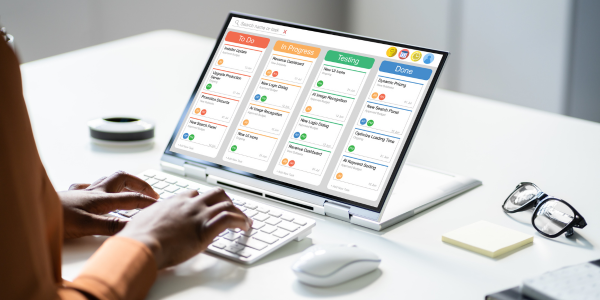Section 8 Inspections: A Landlord's Essential Guide for 2024
What landlords need to know about Section 8 Inspections
When it comes to accepting Section 8 tenants, one of the most common concerns among landlords is the inspection process. Understandably, you might feel some apprehension about meeting with a city inspector—worrying about time, potential costs, or even failing the inspection. But rest assured, as a professional property management company committed to guiding landlords through these processes, we're here to help you navigate Section 8 inspections with ease.
Understanding the Inspection Process
Section 8 inspections are divided into two main categories: the initial inspection, which occurs before program approval, and the ongoing inspections, which happen annually or biannually.
The Initial Inspection
Before your property can be approved for Section 8 payments, it must pass an initial inspection. This inspection is scheduled after you've screened a tenant and submitted a Request for Tenant Acceptance Form to the local Public Housing Authority (PHA). While the PHA takes a few days to review the documents, it's important to note that this inspection is free and mandatory before you can execute a lease with the tenant.
During the initial inspection, the inspector will assess whether your rental unit, along with common areas like garages, meets the "Housing Quality Standards" (HQS) established by the U.S. Department of Housing and Urban Development (HUD). These standards ensure the property is "decent, safe, and sanitary," covering aspects such as:
- Sanitary facilities
- Water supply
- Food preparation and refuse disposal
- Interior air quality
- Smoke detectors
- Structural integrity
- Access and security
For a comprehensive list of all 13 HQS performance requirements, visit the HUD website.
Remember, the inspector's goal is not to nitpick but to ensure the property meets basic safety and livability standards. It's in the PHA's best interest that you pass this inspection because the demand for Section 8 housing is high, and they want landlords like you to succeed. You can access the inspection checklist and FAQs directly from the PHA's website, so you'll know exactly what to expect.
The Day of the Inspection
On inspection day, either you or your property manager must be present to meet the inspector. Inspections typically occur between 7:00 am and 5:30 pm, but the exact time may only be confirmed on the day itself. During the pandemic, some PHAs allowed virtual inspections via video call, which could be more convenient if still available in your area.
Make sure all utilities are turned on, and that any appliances in the unit are functioning. The inspector will inform you immediately if the property passes or fails the inspection. If it passes, you can proceed to fill out the Housing Assistance Payments (HAP) contract with the PHA and execute the lease with your tenant. Expect a short processing period before receiving your first payment, which will be prorated to reflect the lease start date.
If the property does not pass, the inspector will categorize the issues as either "life-threatening" or "non-life-threatening." You’ll have 24 hours to correct life-threatening issues and up to 30 days for non-life-threatening ones. In some cases, PHAs may allow tenancy to begin before repairs are completed if the deficiencies are minor.
Ongoing Inspections
After the initial inspection, expect yearly or biannual follow-up inspections. These inspections serve as regular check-ups to ensure the property remains in good condition and that tenants are adhering to their responsibilities. While some landlords might find these inspections burdensome, they actually offer a valuable opportunity to identify maintenance needs early and hold tenants accountable for property upkeep.
For example, in California, tenants are required by law to maintain their rental units and common areas. If they fail to address issues they’ve caused, they risk losing their Section 8 voucher, which adds a layer of protection for landlords.
More about Coastline Equity
Property Management Services
 Learn More
Learn MoreOur team will handle all your property needs, offering specialized services such as in-depth inspections, liability management, staff recruitment and training, and round-the-clock maintenance—expert support tailored to the unique requirements of your real estate assets.
About Us
 Learn More
Learn MoreOur dedicated team transforms property management challenges into opportunities. From tenant management to streamlined rent collection and proactive maintenance.
Property Management Excellence
 Learn More
Learn MoreAs a contributing author for Forbes, Anthony A. Luna brings a wealth of expertise and knowledge in the property management industry, real estate sector, and entrepreneurship, providing insights and thought-provoking analysis on a range of topics including property management, industry innovation, and leadership.
Anthony has established himself as a leading voice in the business community. Through his contributions to Forbes, Anthony is set to publish his first book, "Property Management Excellence" in April 2025 with Forbes Books.
Insights
 Learn More
Learn MoreLearn more about Coastline Equity's property management practices & processes and how we support our clients with education and a growth mindset.
Coastline Equity Property Management is your partner as you continue to learn and grow.
News & Updates
Property Management Made Easy
Los Angeles
1411 W. 190th St.,
Suite 225
Los Angeles, CA 90248
Temecula
41743 Enterprise Circle N.,
Suite 207
Temecula, CA 92590
P.O. BOX #1489
TORRANCE, CA 90505








